

Accessible Healthcare
Goal and Performance Highlights

Supporting the SDGs Goals
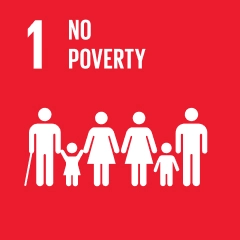
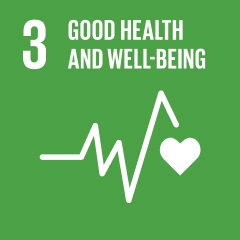
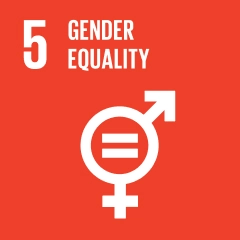
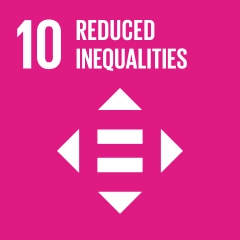
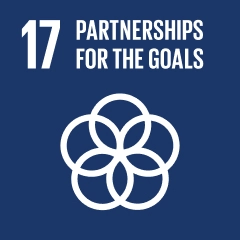
Stakeholders Directly Impacted
Challenges and Opportunities
In an era of rapid technological and medical innovation, Sikarin Public Company Limited faces challenges in adapting to and implementing new technologies to enhance the quality and efficiency of healthcare services. However, modern technologies such as Artificial Intelligence (AI), Big Data health analytics, and digital health platforms may pose accessibility challenges for certain patient groups, particularly the elderly and those living in remote areas, who still rely heavily on physical healthcare services. Additionally, demographic changes in Thailand, such as declining birth rates and an increasing aging population, create challenges in allocating medical resources appropriately to meet the diverse needs of various population groups. Economic disparities also affect access to healthcare services, especially for individuals without private health insurance or those relying on government healthcare programs with limited budgets.
Nevertheless, Sikarin Public Company Limited sees these challenges as important opportunities to enhance capabilities and expand services to meet evolving needs. This includes developing medical programs tailored to specific patient groups, such as expanding specialized medical centers for chronic diseases among the elderly, providing telemedicine services, and advancing comprehensive preventive healthcare programs.

Management Approach and Value Creation
To ensure broad access to quality healthcare services, Sikarin Public Company Limited has proactively developed strategies to elevate medical care standards to cover all population groups, focusing on infrastructure, technology, and services that address the needs of patients across all age groups and social levels.




